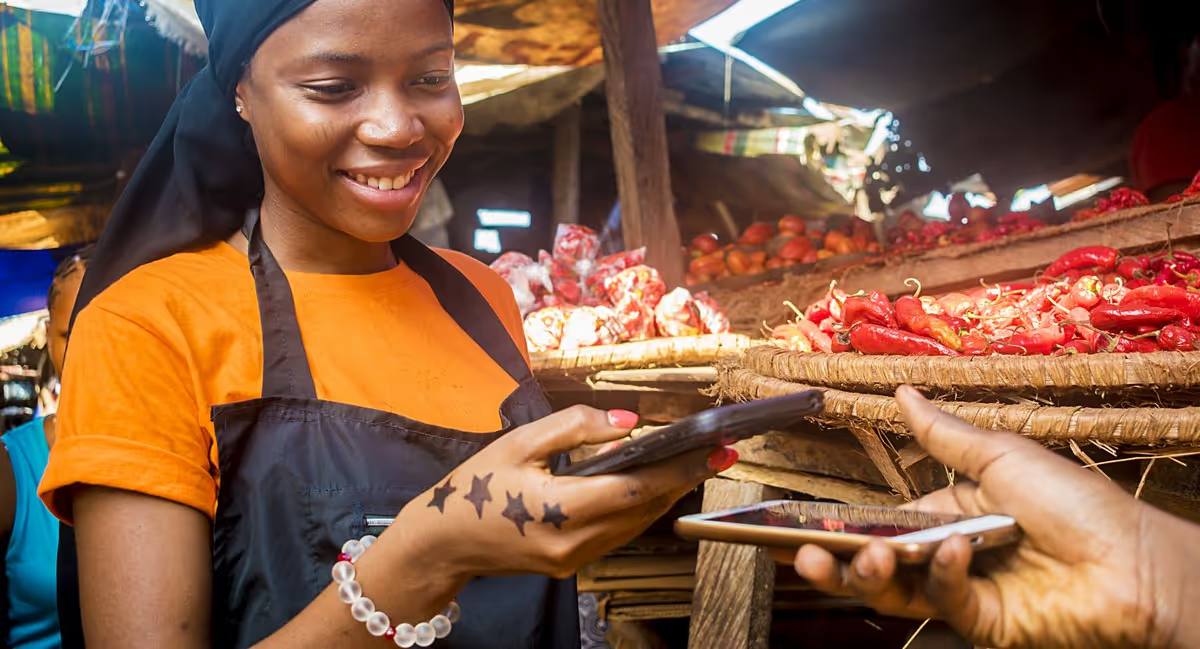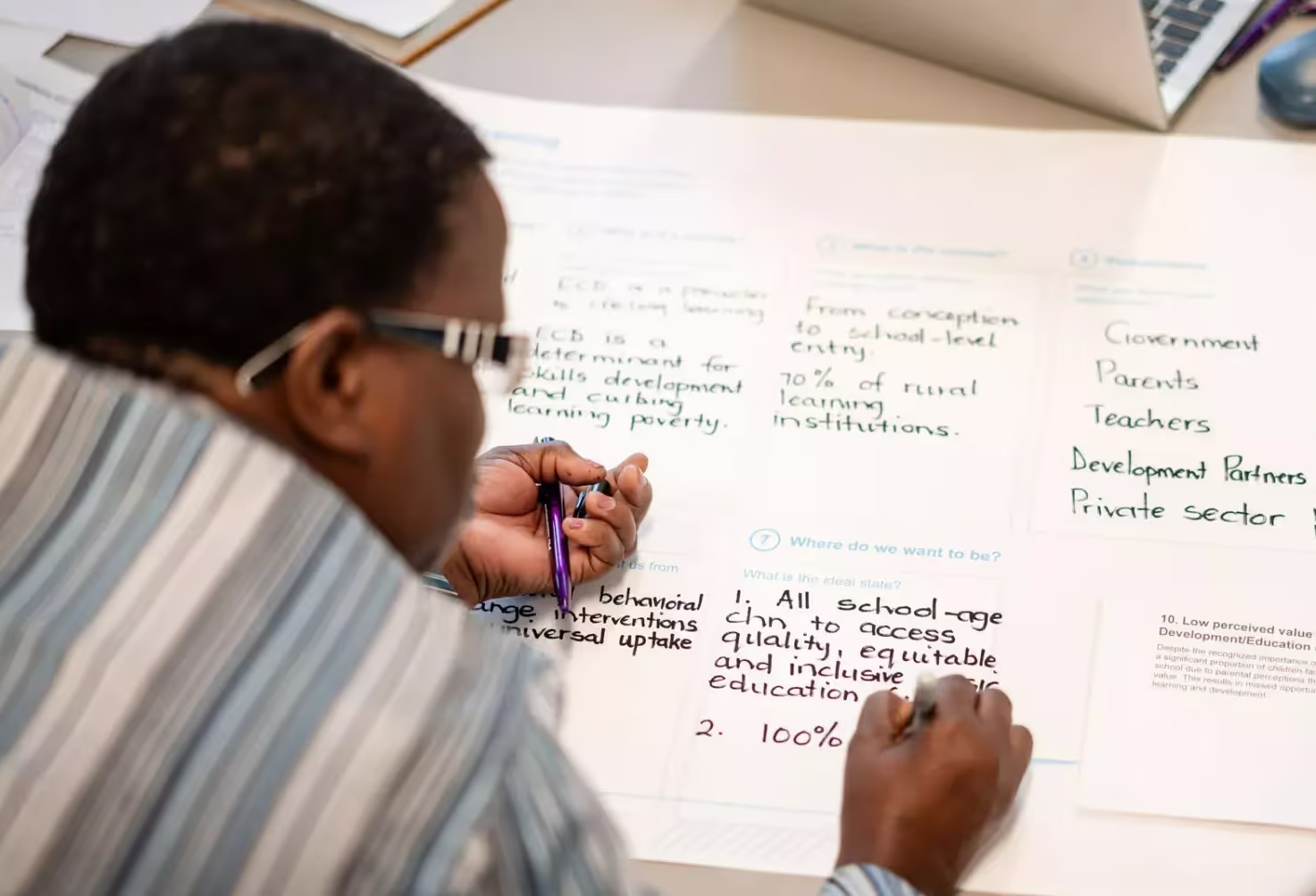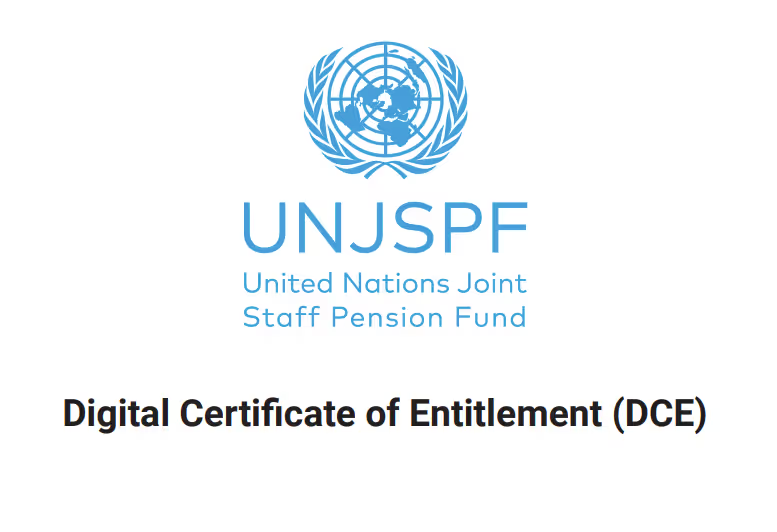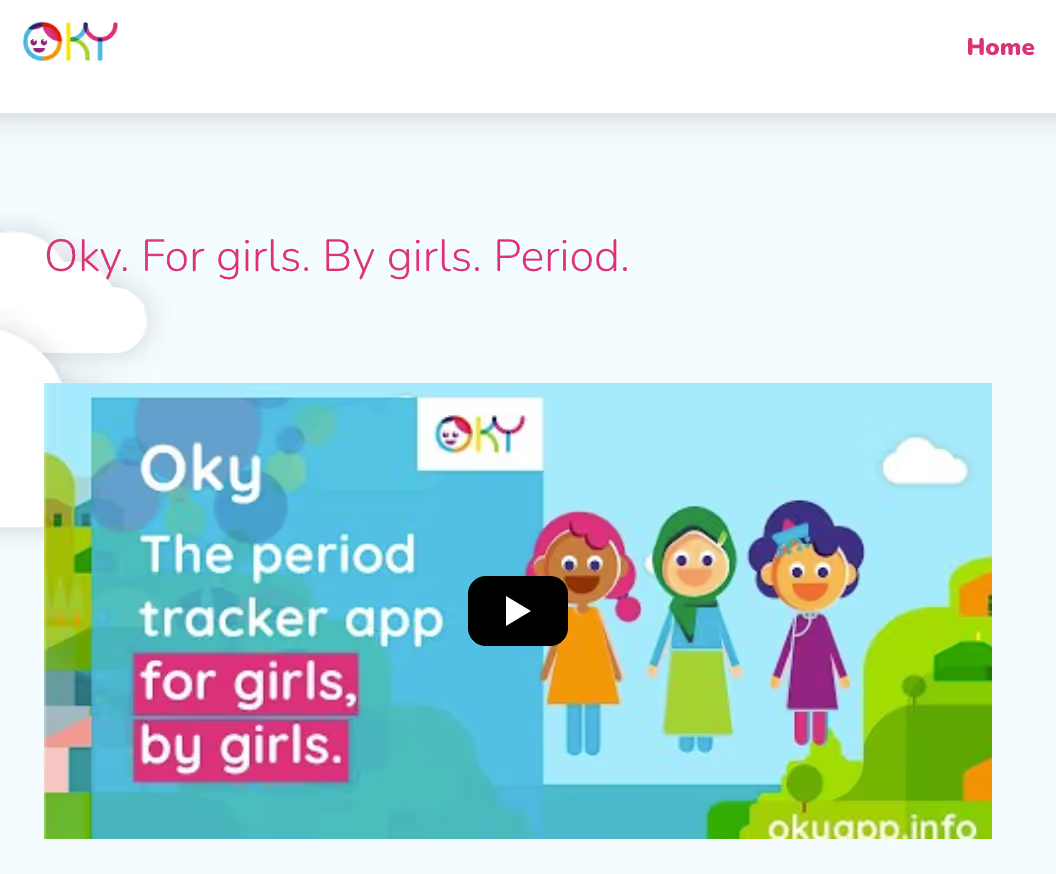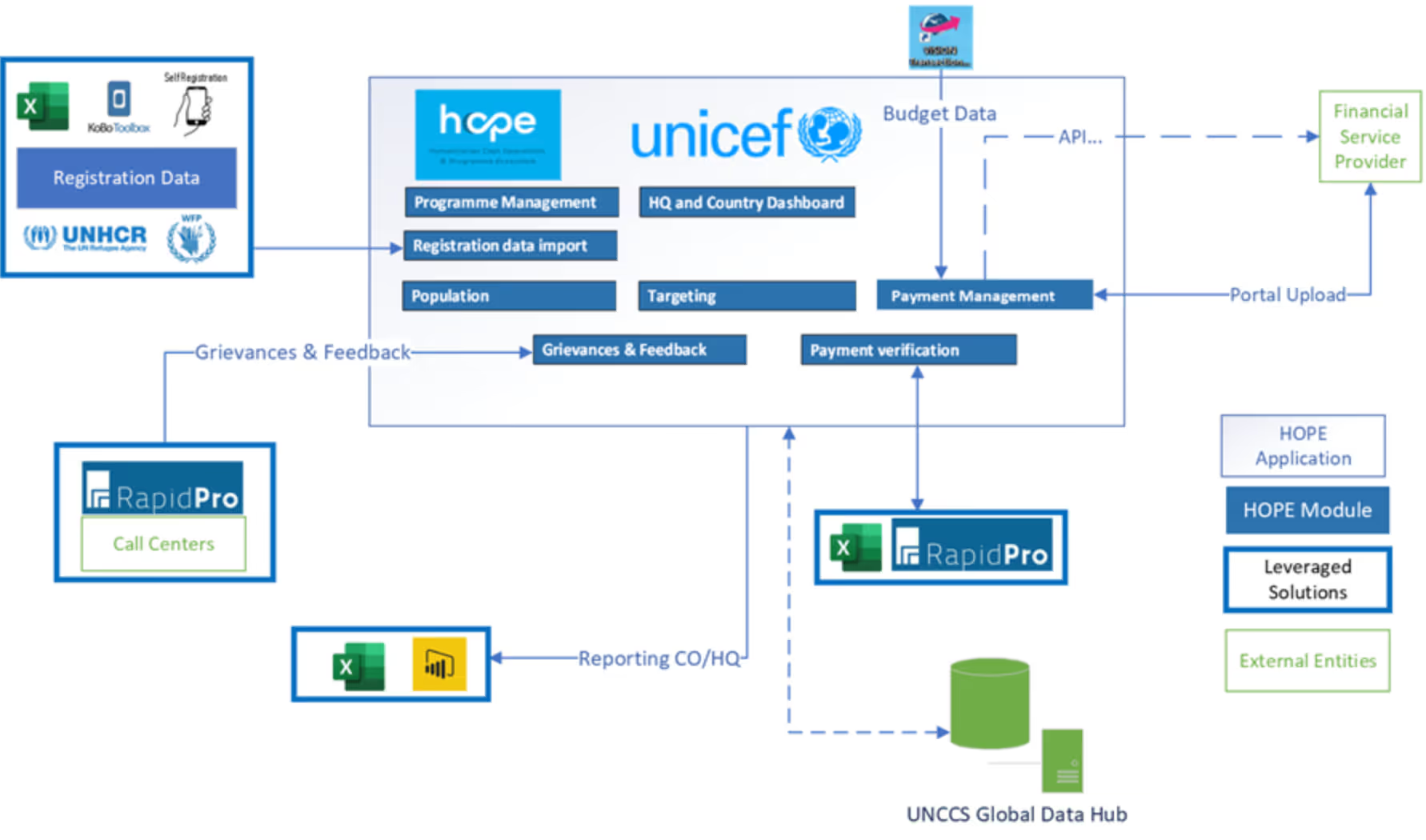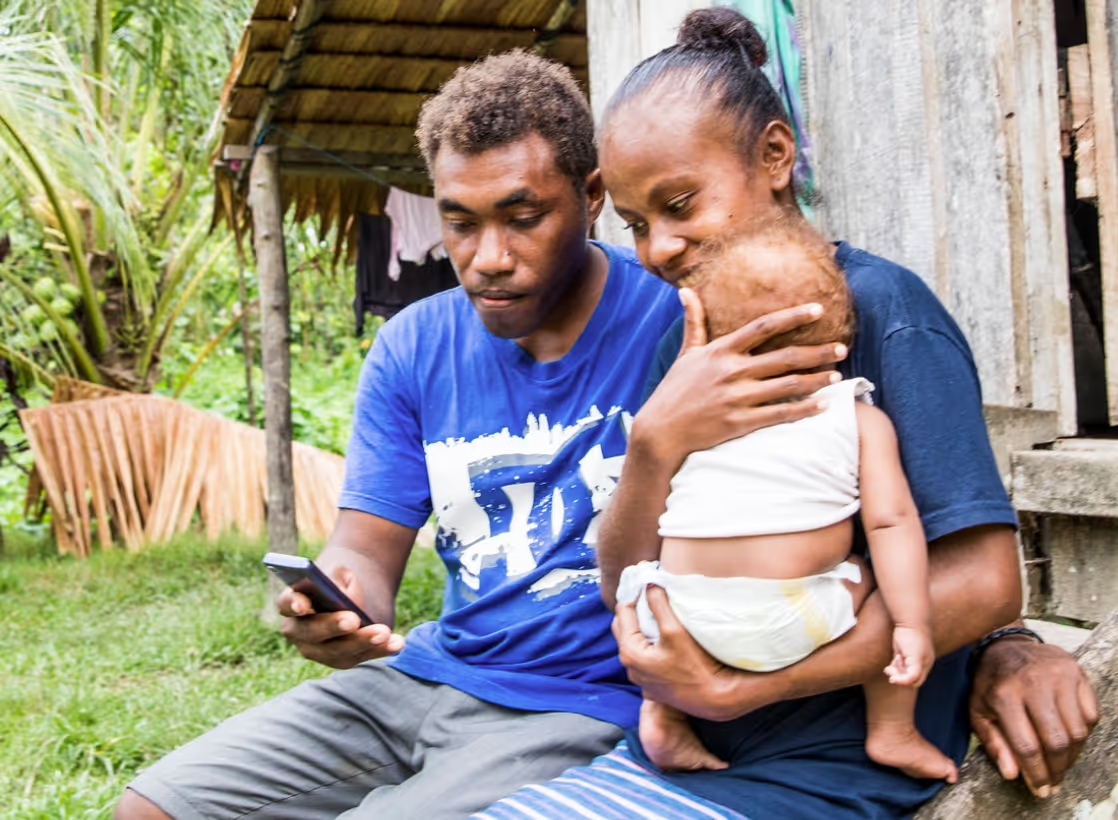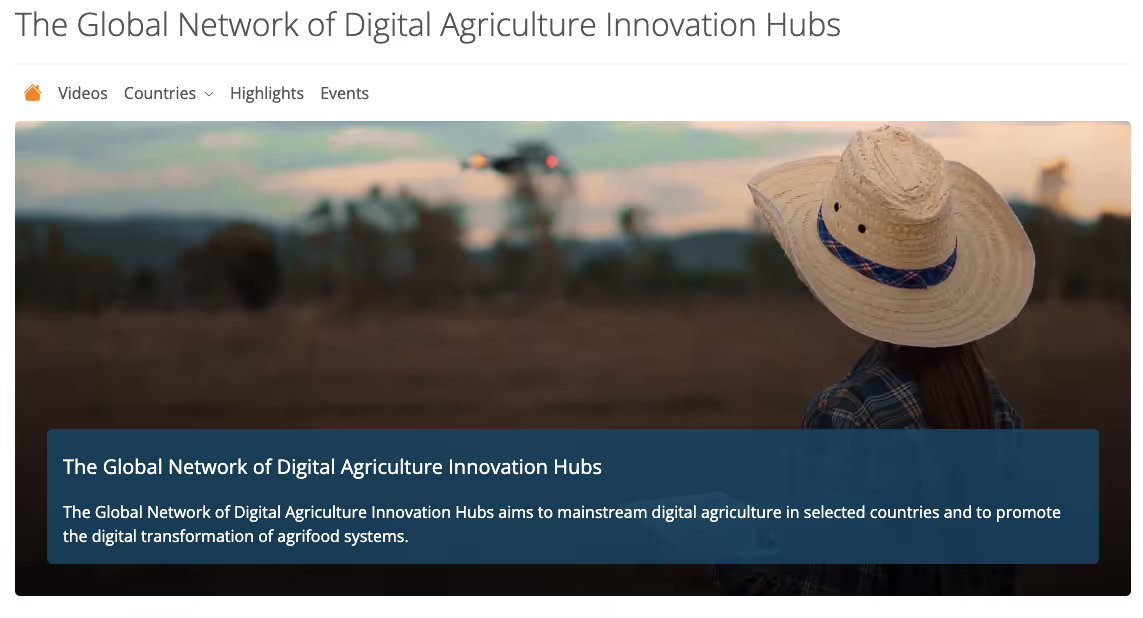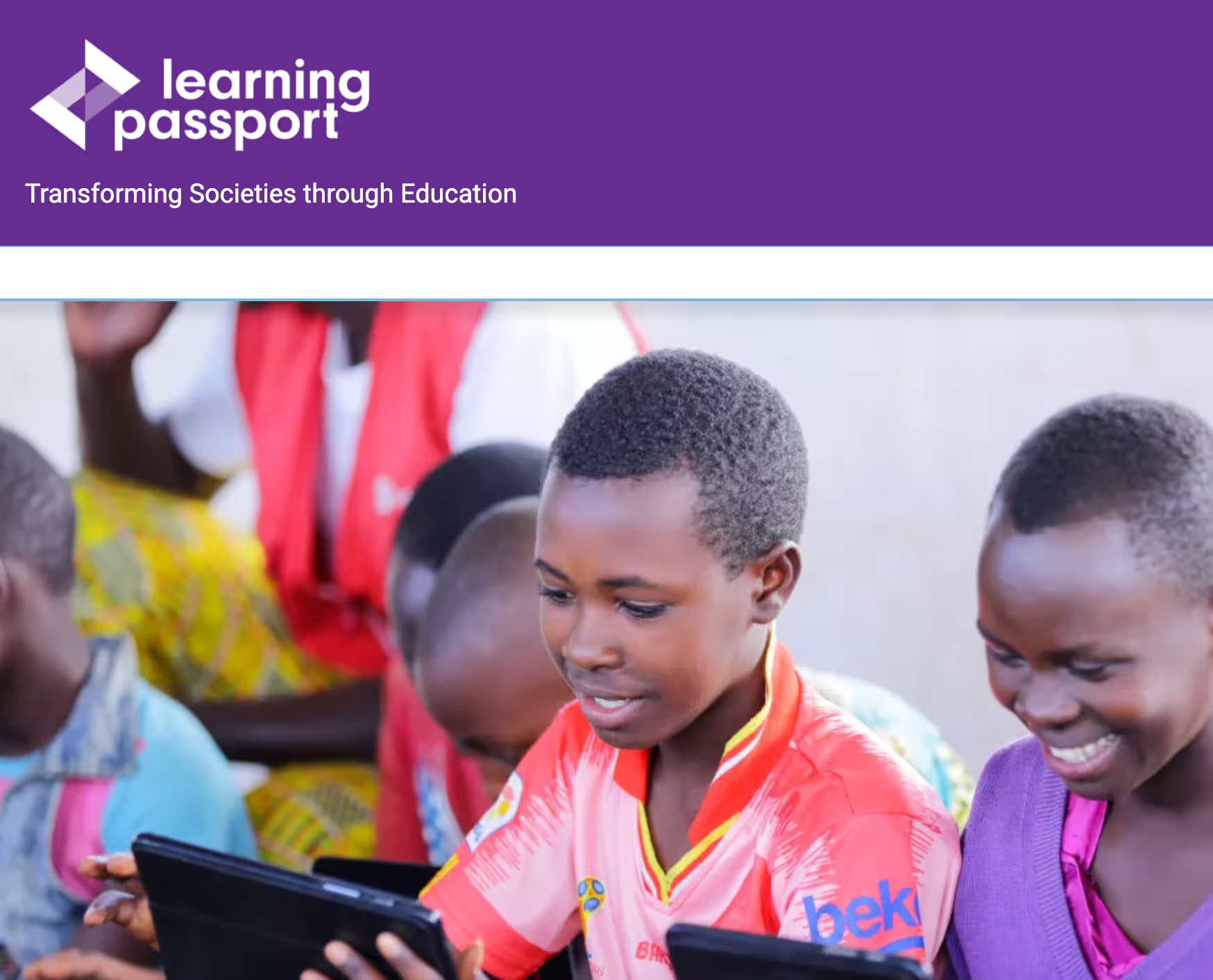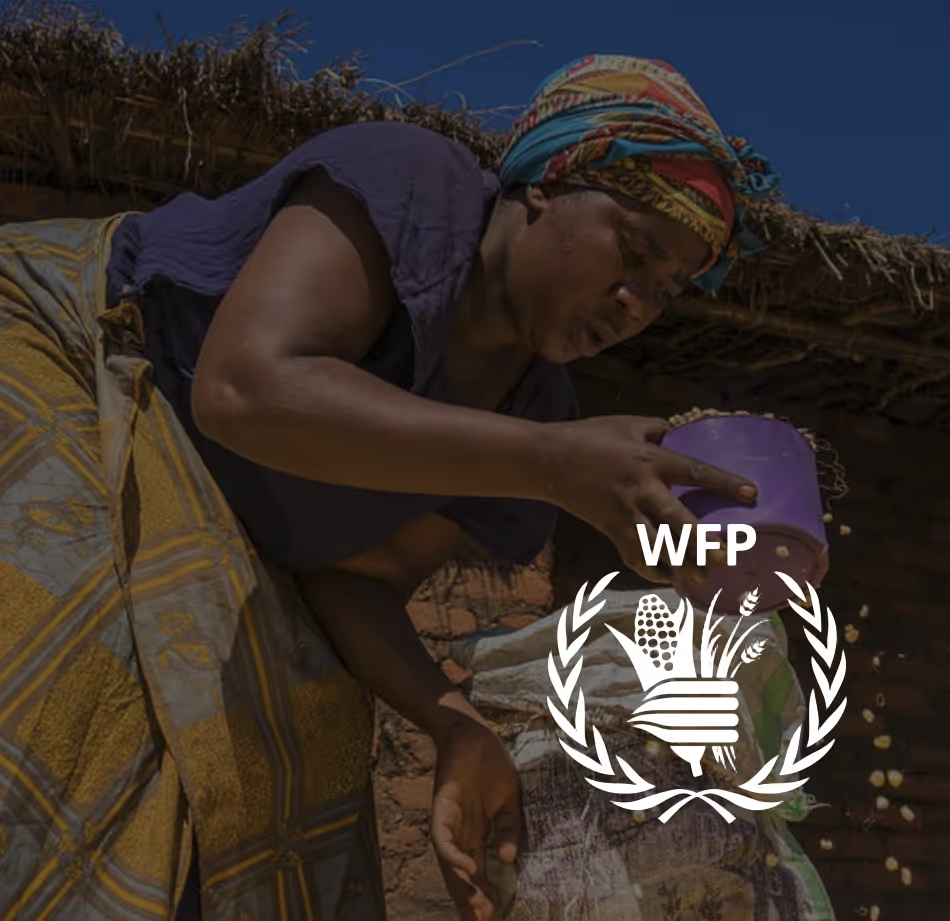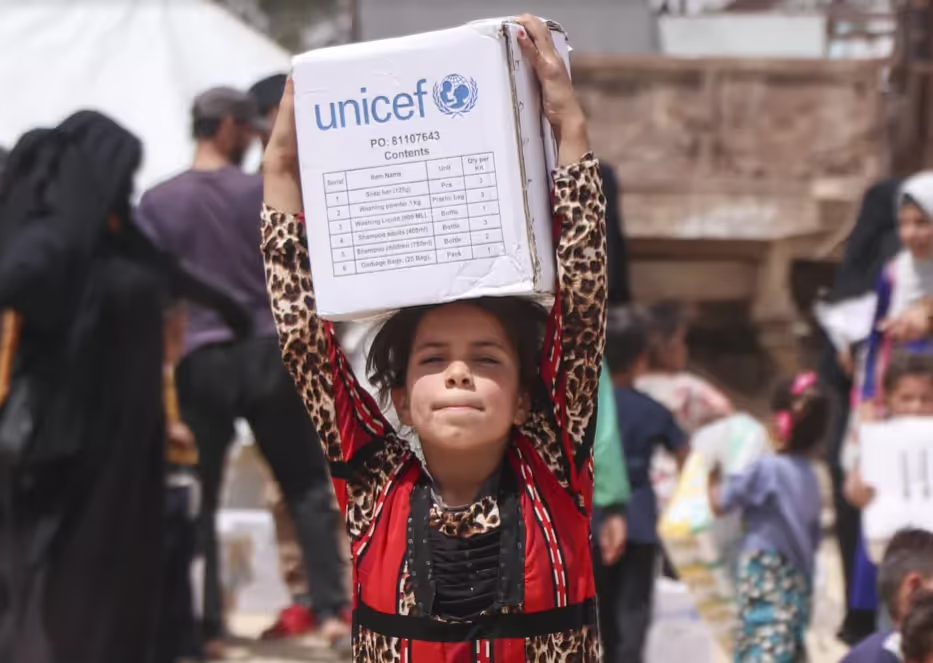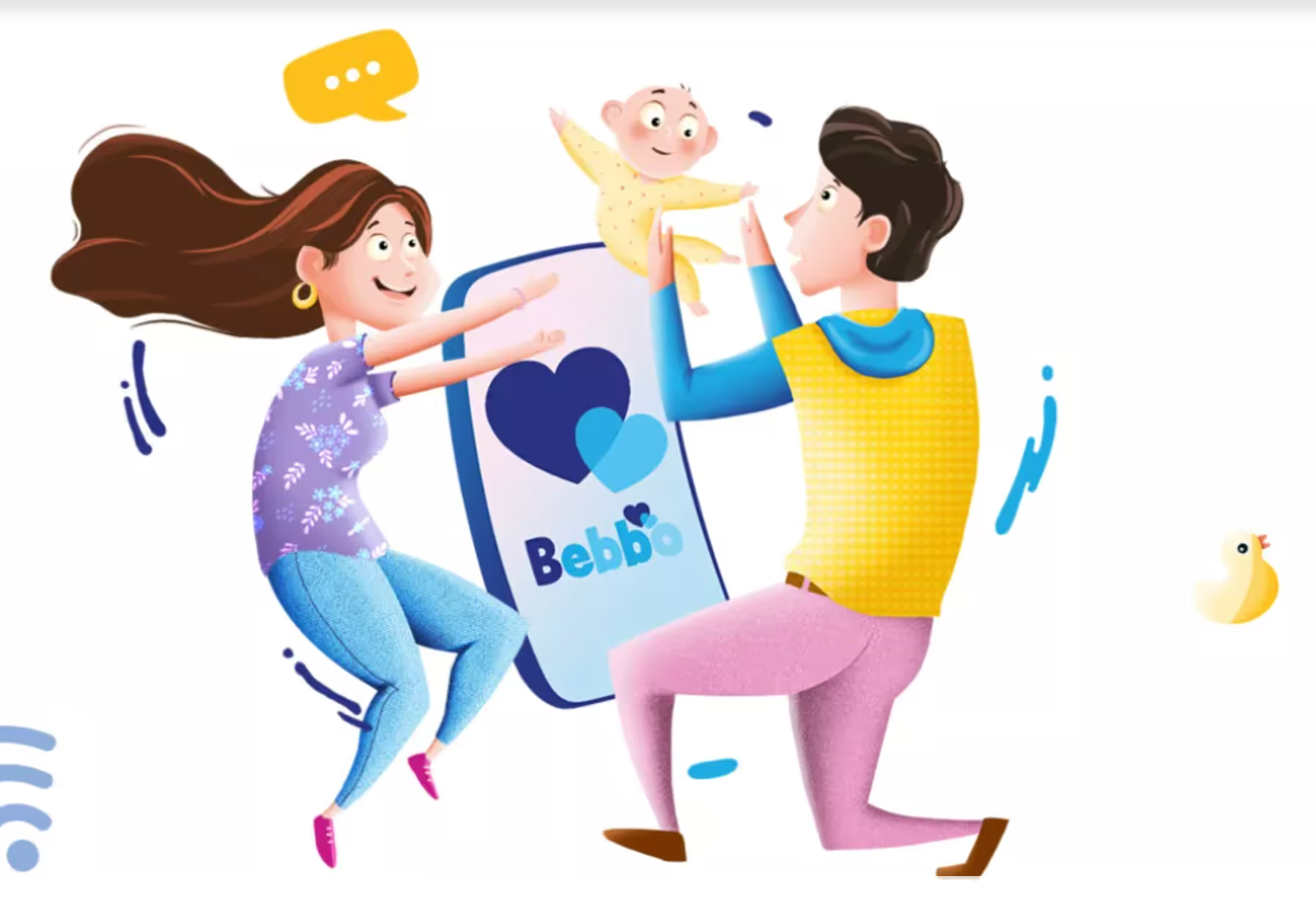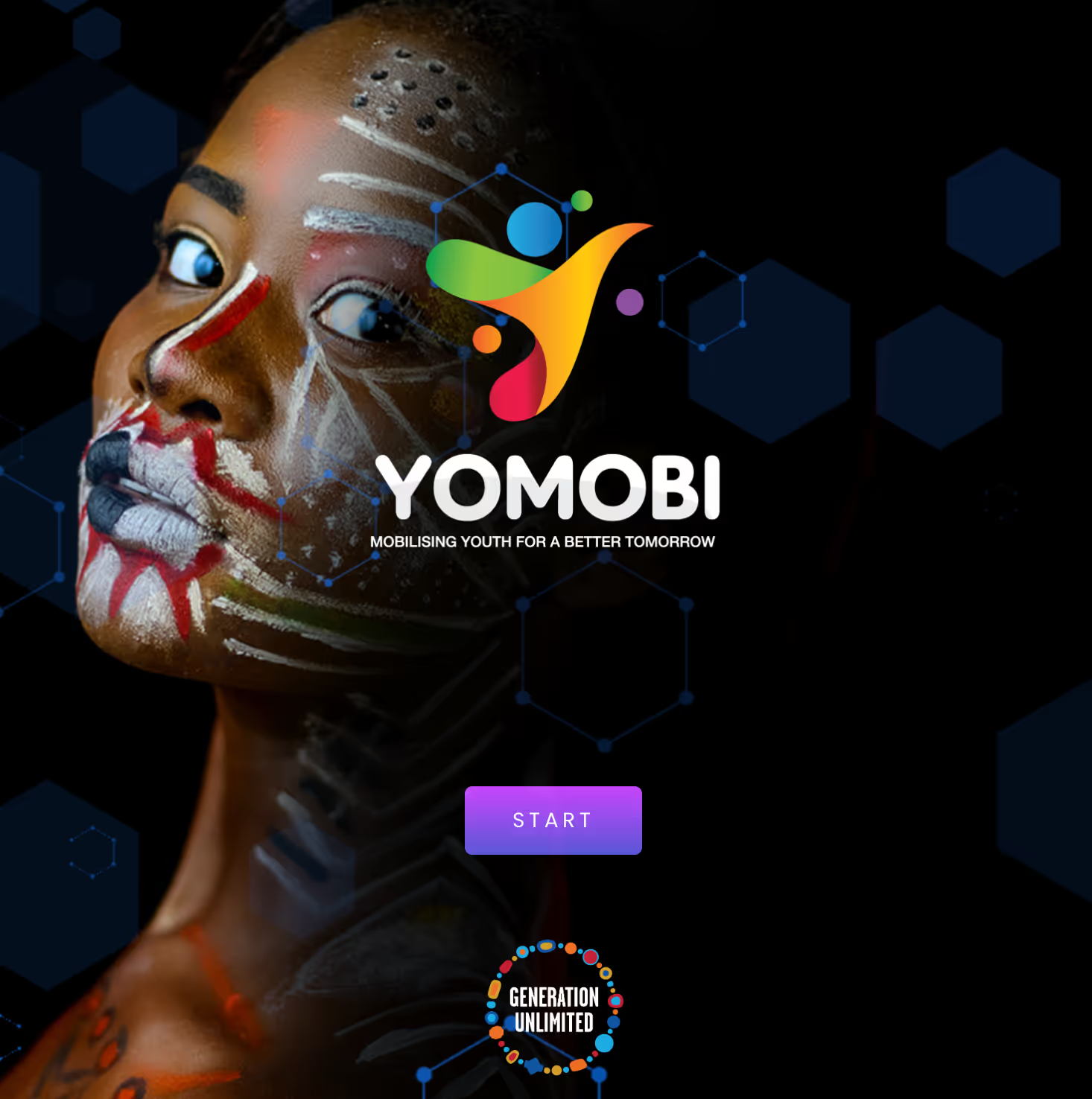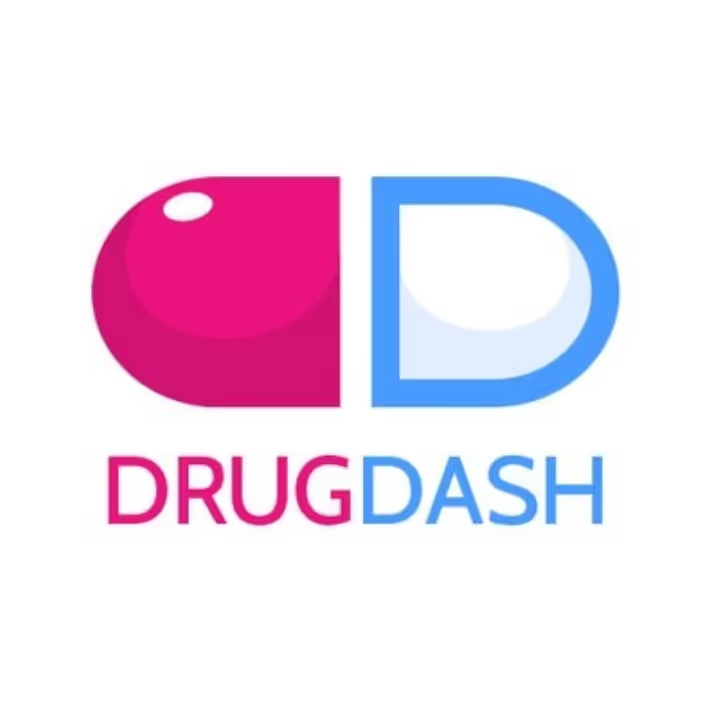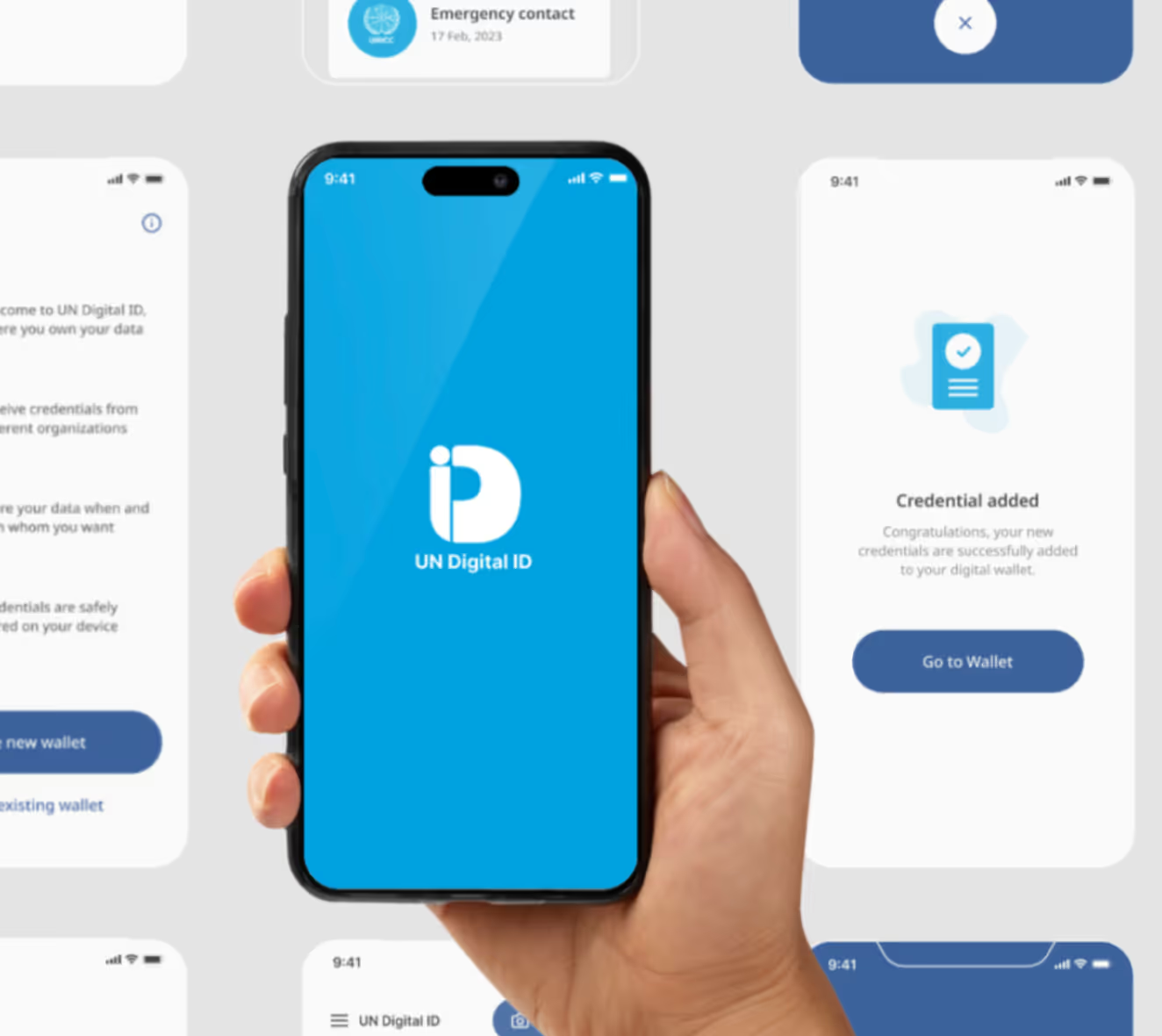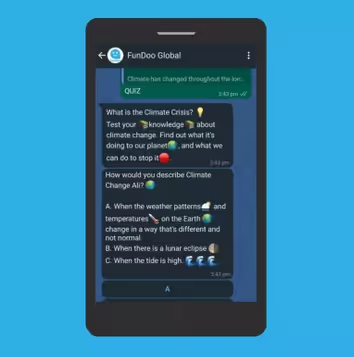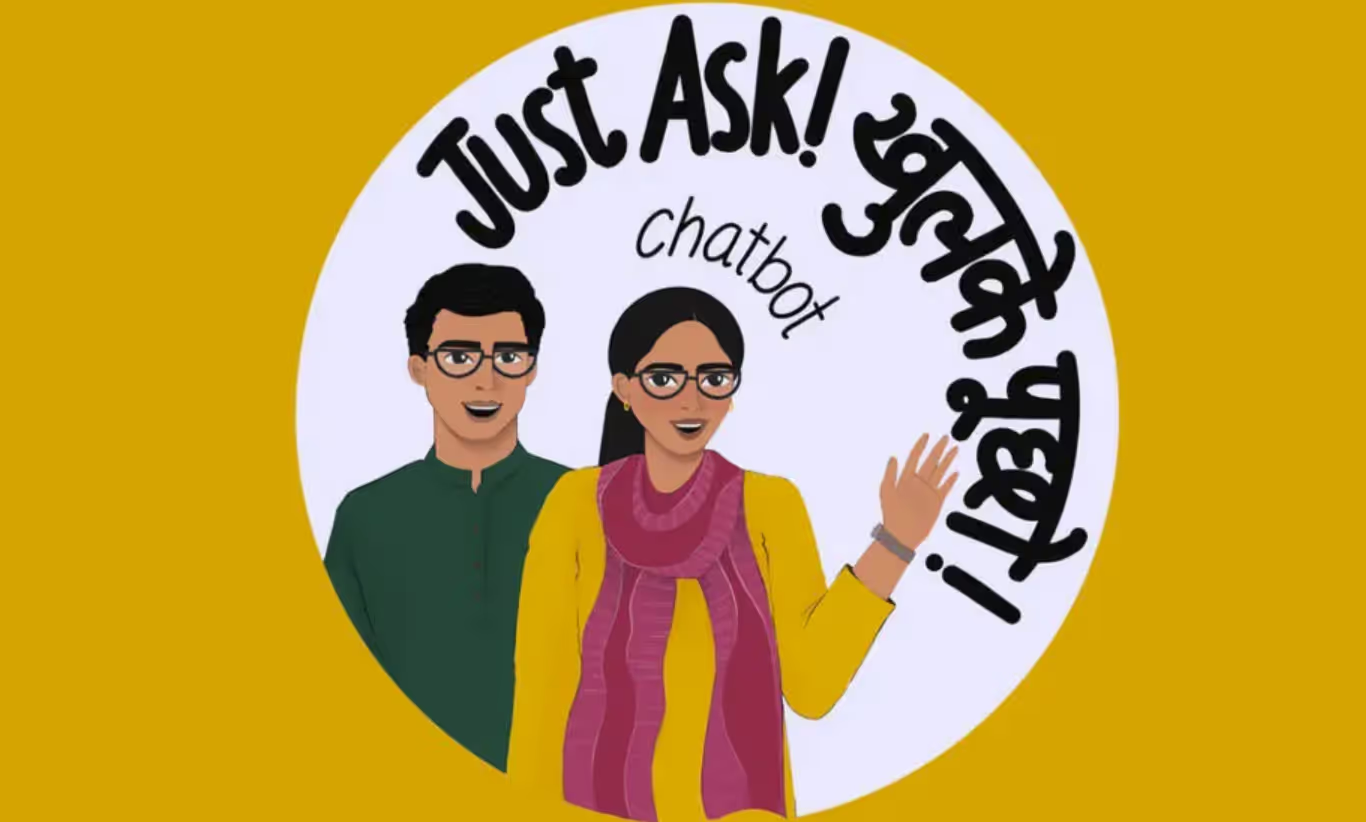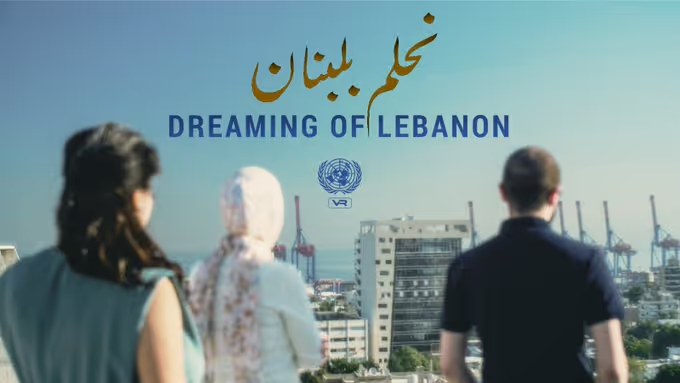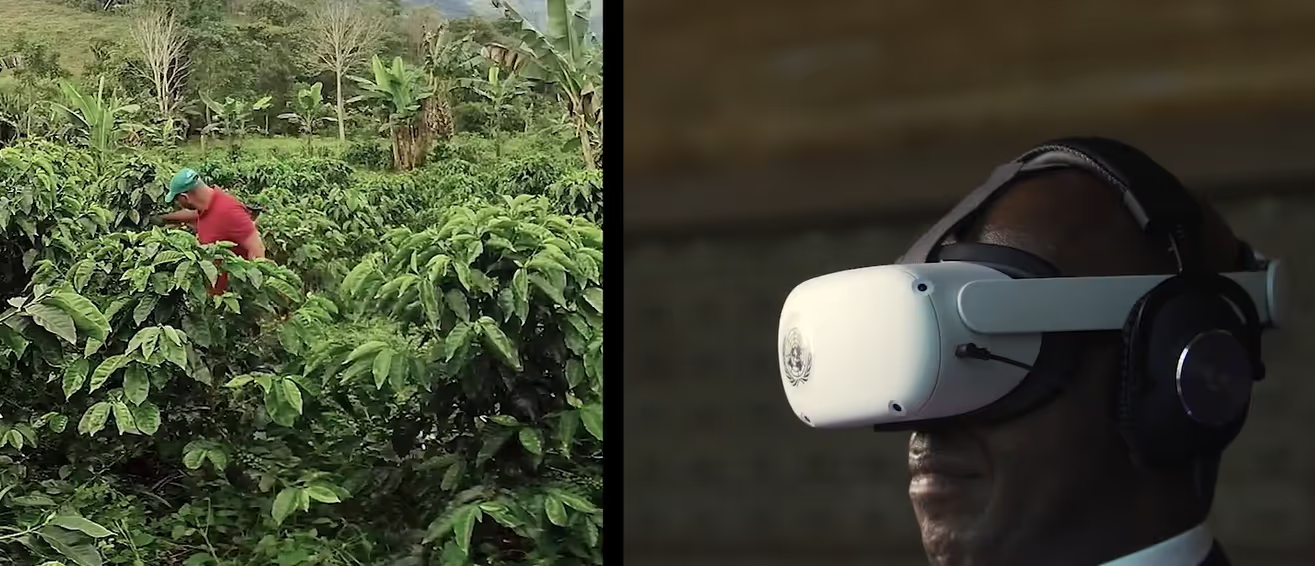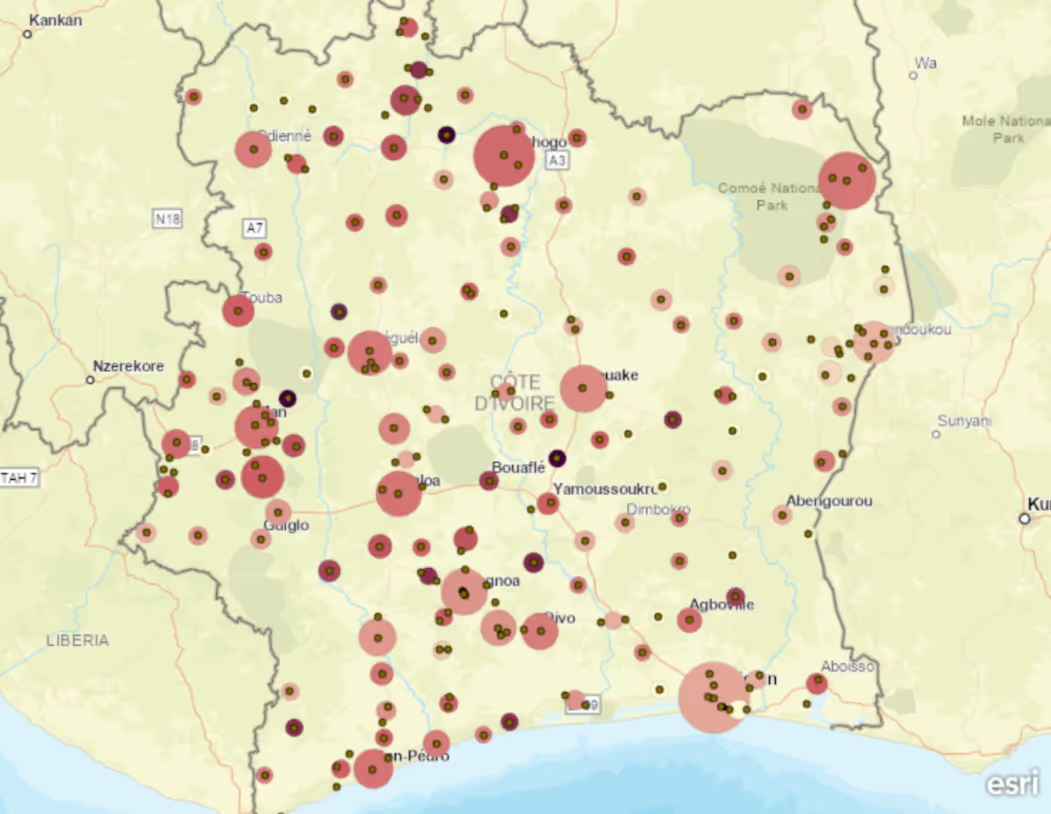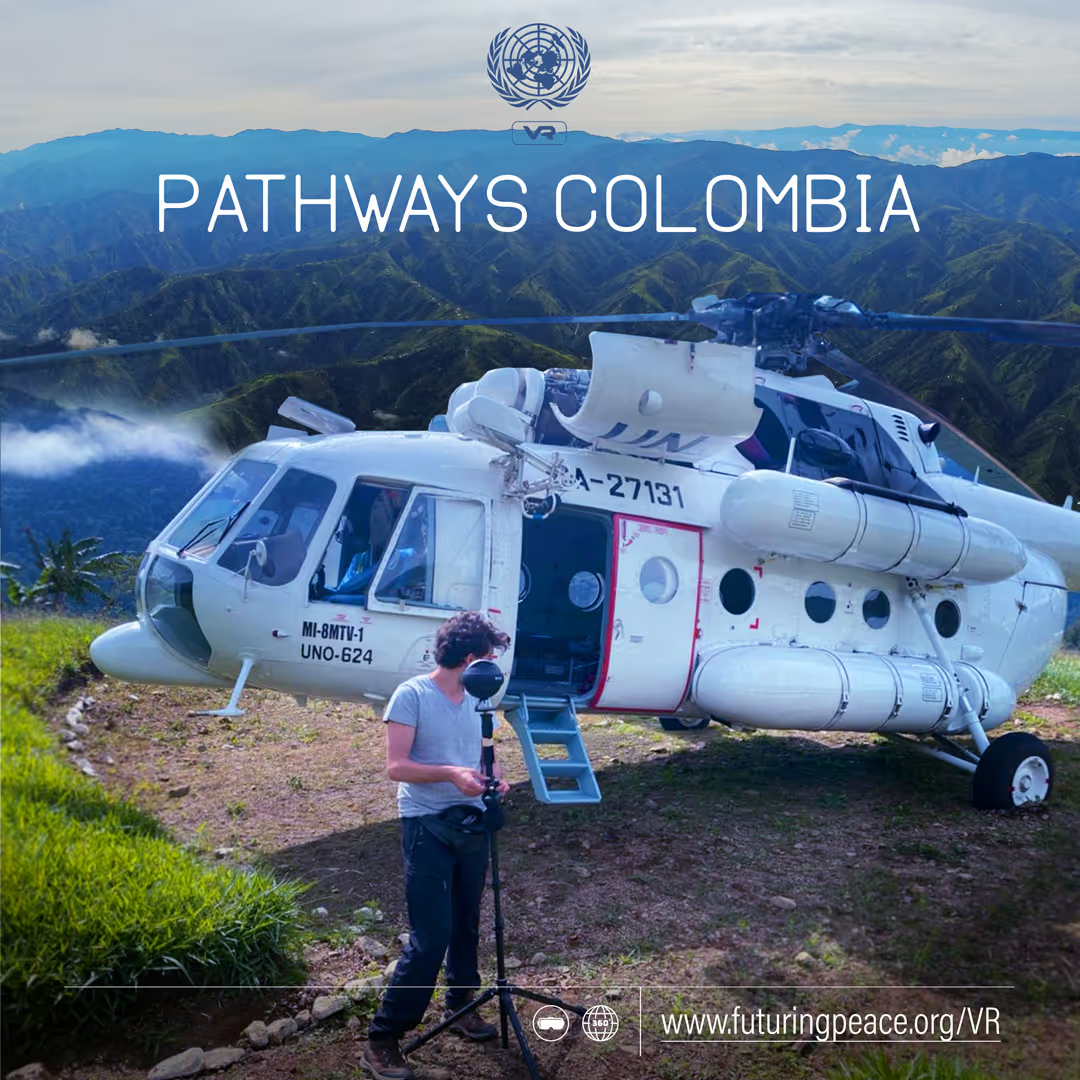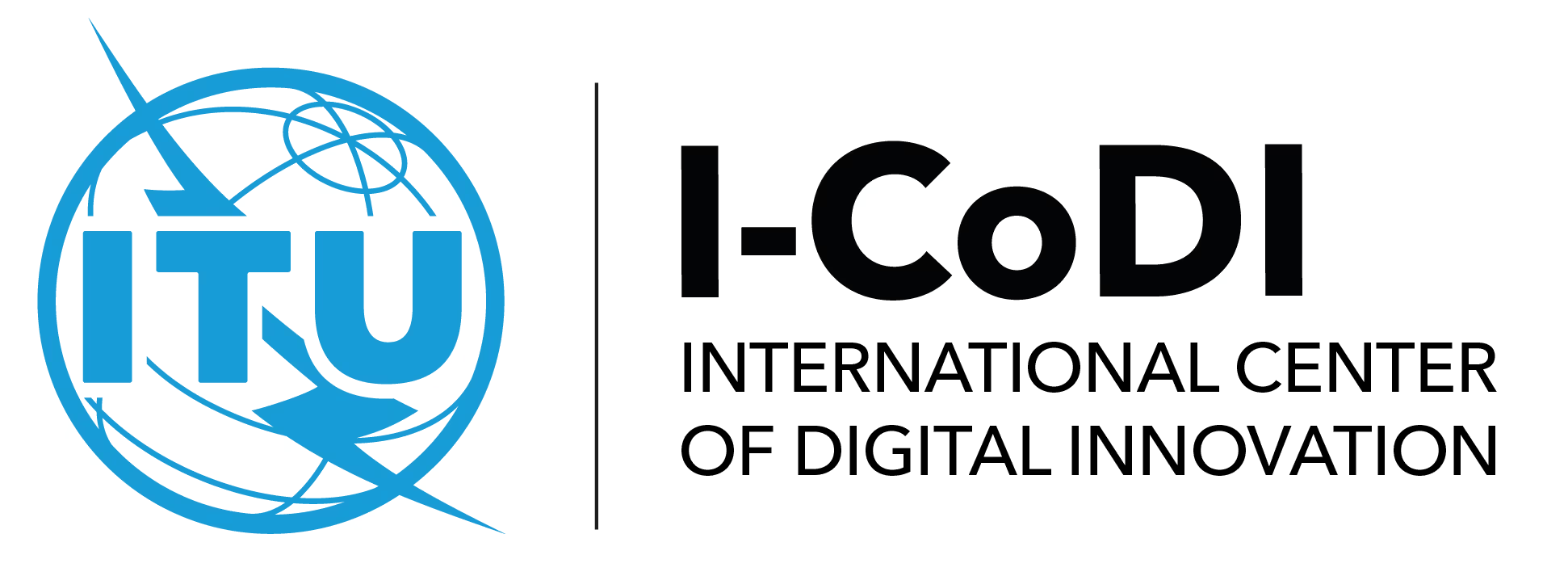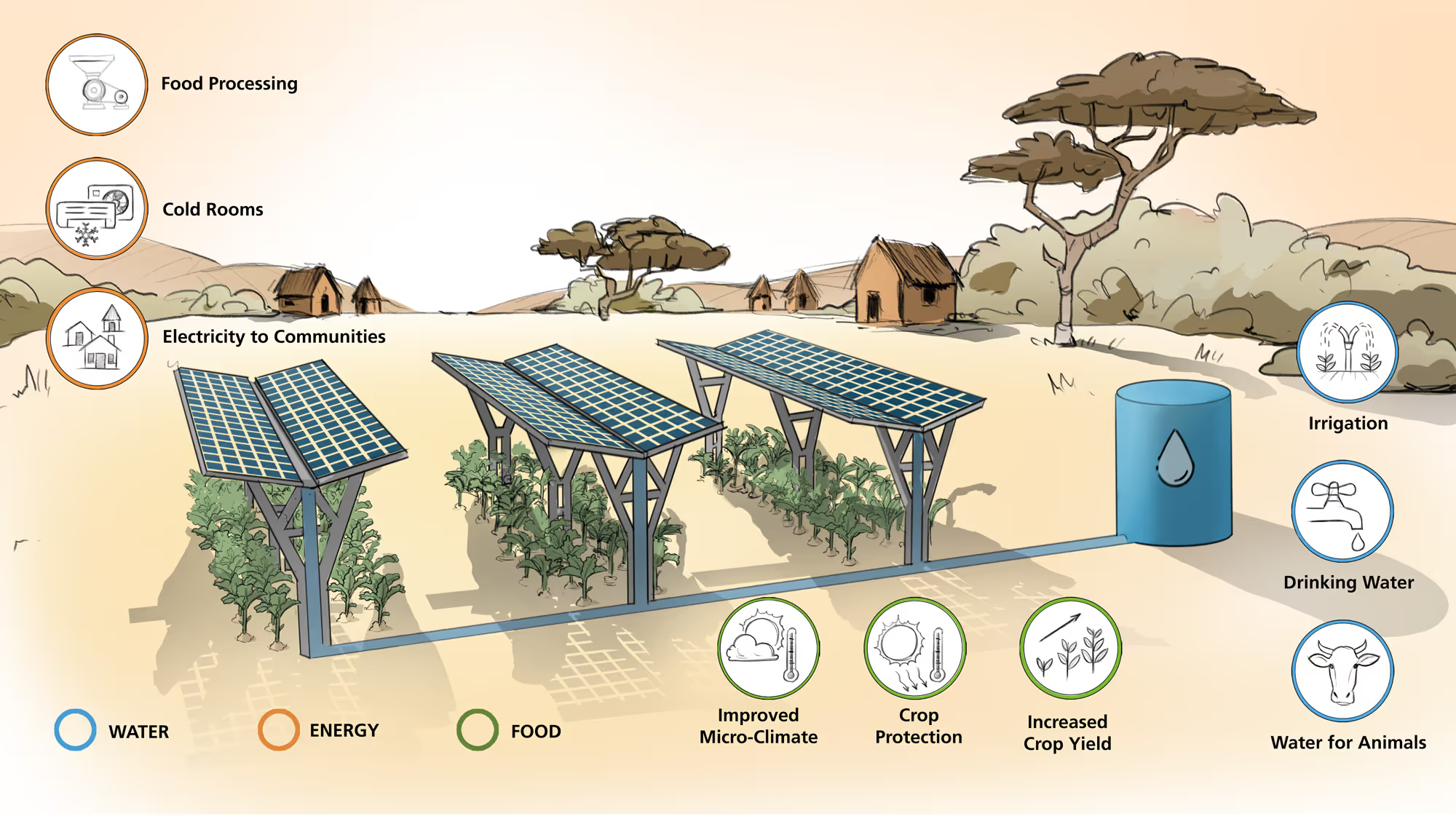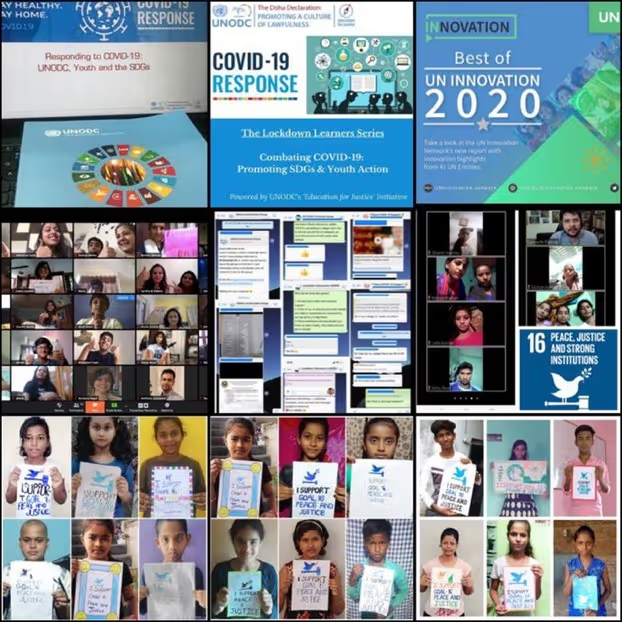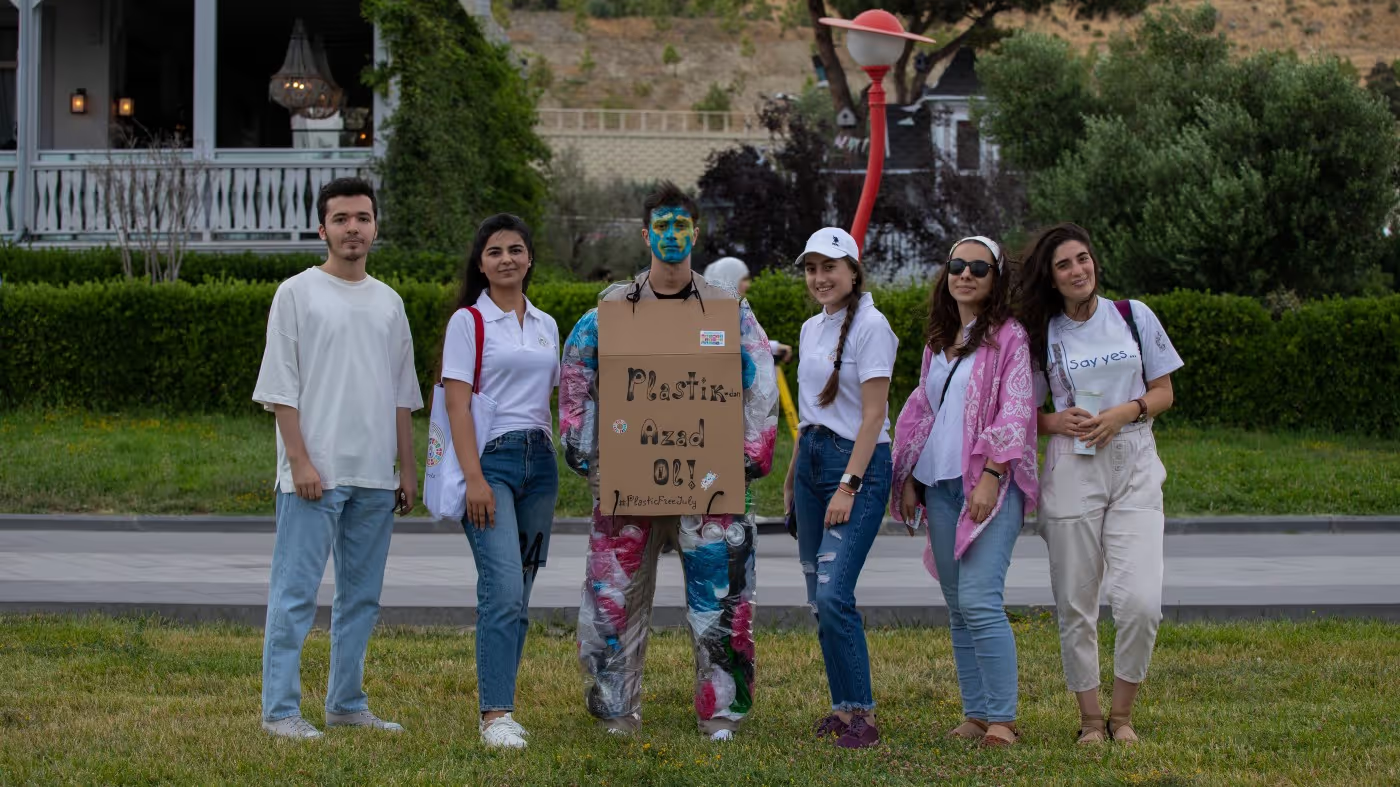The Lockdown Learners Series
Launched in April 2020 in response to COVID-19, the UNODC “Lockdown Learners” series is a series of free-of-cost, activity-based interactive and continuous engagements with students and educators in India on themes pertaining to the pandemic and its impact on the SDGs (especially SDG 16), peace and the rule of law. The series is conducted in support of UNODC's global programme, the Education for Justice Initiative (E4J). The series includes sensitisation of students on issues such as cybercrime, misinformation, gender-based violence, discrimination, and corruption, among others. The Lockdown Learners series also provides a platform for students to receive mentorship and knowledge support to use their skills and ideas to address some of these problems. Since April 2020, over 350 interactive sessions have been conducted directly with over 10,000 students and educators, across 15 states/Union territories in India. Educational resources developed under E4J have been shared with over 19,000 students in the schools, besides across 636 Government-run Jawahar Navodaya Vidyalayas (JNVs). Besides top schools and institutions from metropolitan cities, the series has proactively focused on reaching economically disadvantaged students and educators from low income groups and rural areas, with limited internet access. In what is being widely hailed as a “Good Practice” by educators in India, UNODC has conducted multiple sessions through Whatsapp and audio-recordings with students and educators from rural areas, enabling the participation of economically disadvantaged youth. The idea has also been to simplify the content in terms of language, and provide a safe, informal and dialogue-focused space for students to participate in open conversations, especially on themes that directly affect them in many cases. Parents and educators are reporting behavior changes, greater engagement and renewed commitment to society among students who are participating. Many students who have participated in the sessions are proactively thinking of social issues, emerging risks, SDGs and post COVID-19 roadmap. For instance, a growing number of students are teaching others to bridge digital divides, and spearheading “behavior-change” dialogues with their peers, parents and siblings. Educators have emphasized that students are more curious to know about SDGs and peace-related themes, and use their skills and talents to come up with solutions. This is evident in the wide range of creative and innovative products that students have created and shared with UNODC: these include songs, interactive videos, games, blogs, websites etc. Some are even designing social initiatives and network-building, especially on gender issues, cybercrime, peacebuilding, misinformation and discrimination.
